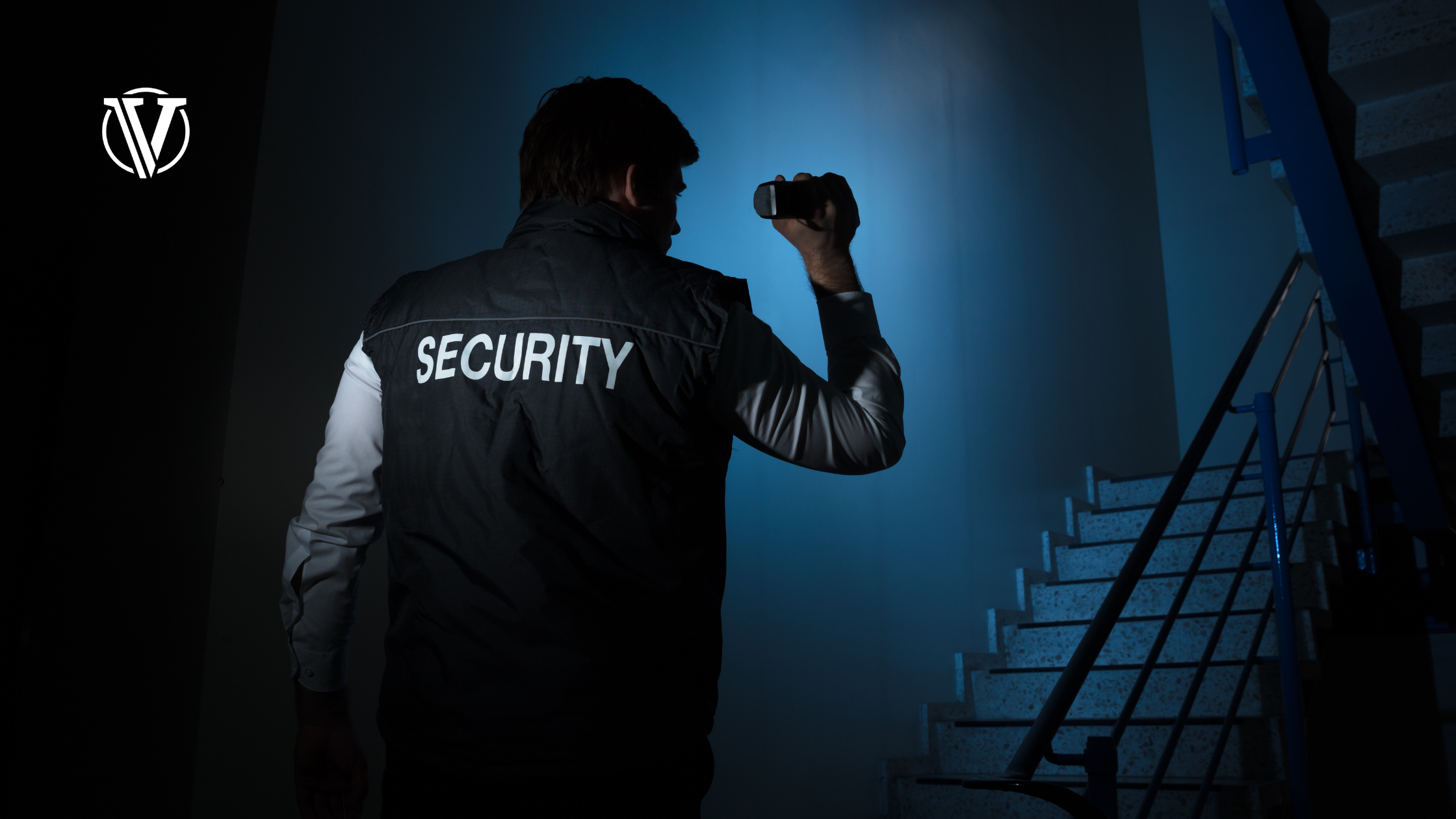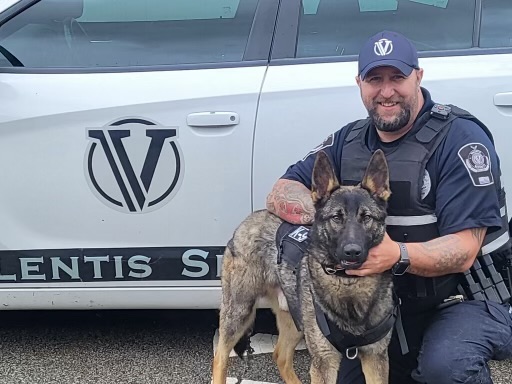Understanding the Valentis Scenario Qualification: Security Guard Training
December 18, 2023
Introduction
In the realm of armed security, the responsibility to safeguard lives and property rests on the shoulders of security officers. However, the conventional training standards for these officers often fall short, leaving them ill-equipped to handle the complexities of real-world scenarios. As highlighted by Klein, Ruiz, and Hemmens (2019), the deficiency in training poses a significant threat, particularly when armed security officers operate in ambiguous environments. In response to these shortcomings, Valentis Group, Inc. has developed a groundbreaking training program aimed at addressing the critical gaps in the industry.
The Training Gap: A Concern for Security Companies
Security companies nationwide grapple with varying training standards for their guards. The disparity in state requirements and inadequate industry standards leave security guards with a false sense of competency. Valentis recognizes the urgency for a more robust training approach, acknowledging that outdated protocols jeopardize the safety of both security guards and the public they are entrusted to protect.
Real Examples: Identifying Trainable Security Personnel
Valentis distinguishes itself by proactively identifying trainable individuals within its ranks. Two illustrative examples underscore the company's commitment to recognizing shortcomings and investing in continuous improvement. This dedication to immediate action when an employee proves untrainable positions Valentis as a trusted choice for security services.
Example 1: Untrainable New HireOne new hire completed the week-long training successfully, excelling in all assigned tasks. However, during the scenario qualification, the individual failed, committing a use-of-force violation. They couldn't justify their actions, displaying a lack of self-awareness. Applying the Dunning-Kruger effect, where individuals overestimate their competence, this employee rejected instructors' feedback, revealing an untrainable mindset. Their termination exemplifies a common mentality among security officers in the industry.Example 2: Trainable Employee at ValentisAnother Valentis employee, after several months, froze during a scenario qualifier, appearing incapacitated. Acknowledging their shortcomings, this employee recognized the inadequacy of prior training and expressed a desire for retraining. Despite past performance issues, the individual's willingness to meet basic standards demonstrated a trainable attitude, setting them apart as an example of adaptability and commitment to improvementIn both instances, Valentis Group, Inc. faced divergent outcomes. The first employee, upon failing qualification, was promptly released without logging a single work shift. Conversely, the second employee, confronted with performance challenges, underwent remedial training and has shown steady improvement. While a single course won't remedy all issues, recognizing and addressing capability shortfalls is the crucial initial step. It's noteworthy that Valentis rectified the oversight of allowing the second employee to work for an extended period without evaluation.In 2019, Laureys and Easton emphasized the efficacy of resilience training in simulated critical incidents, underscoring its role in preparing individuals for optimal work performance and psychological resilience. This prompts reflection on how one measures up to this evident critical need.
Scenario Qualifications: Security Guard Training
In 2023, Valentis introduced a groundbreaking training paradigm - Scenario Qualifications. Going beyond conventional methods, this program immerses security guards in stress-induced scenarios, complete with role players, force-on-force simulations, and adversarial cross-examination. Valentis places a strong emphasis on critical thinking, acknowledging that security guards must be mentally prepared for the unpredictable nature of their work.
Why Critical Thinking Matters for Security Guards
Critical thinking is the linchpin of effective security operations. Valentis ensures that security guards can observe, orient, decide, and act swiftly and decisively in any situation, aligning with the evolving landscape of sophisticated criminal activities. This methodology is crucial for anticipating and outsmarting potential threats, making Valentis the go-to choice for security companies seeking excellence.
Forward-Looking Commitment to Security Excellence
Valentis remains unwavering in its commitment to enhancing security guard preparedness. In the first quarter of 2024, Valentis will unveil an upgraded training environment, extending its scenario qualification capabilities. This forward-looking approach not only benefits Valentis' security personnel but also extends superior training to external law enforcement partners, fostering a collaborative effort to elevate industry standards.
OODA Loop in Security Training
Valentis integrates John Boyd's OODA Loop—Observe, Orient, Decide, Act—into its academic training, a concept fundamental to daily decision-making. Security officers, in particular, employ this loop when arriving at a scenario, emphasizing the initial mental task of observation and processing. The significance lies in analyzing situations with critical thinking to avoid improper reactions and negative outcomes.As processing advances, security officers orient themselves, highlighting the crucial role of their training. The training encompasses more than defensive tactics and firearm use; it extends to policies, procedures, and logic in applying the use of force continuum. Misconceptions surround the use of force continuum, often equated solely with physical force. Yet, its initial steps involve the officer's appearance, establishing a command presence, and issuing verbal commands. Lethal force, the last step, applies to unarmed security officers, often overlooked in the contract security industry. The continuum's emphasis on reasoning and information gathering aligns with active shooter training principles, reinforcing the vital role of listening in the orientation step, a focal point during scenario qualifications.
The Importance of Quality Decision-Making Skills in Security
The effectiveness of our security officers hinges on their decision-making quality, requiring accurate information processing and orientation. Crime's increasing sophistication demands a strategic mindset, akin to the OODA Loop, employed in Valentis' scenario qualifications.
Role players, armed or unarmed, prepare to challenge security officers in controlled scenarios, mirroring real-world uncertainties. Evaluator teams assess officers' responses, noting common errors such as unnecessary escalation or tactically disadvantageous decisions compromising safety. Post-scenario, officers undergo cross-examination and remedial training, addressing deficiencies in defensive tactics, public speaking, and academics. Termination may occur in cases of severe use-of-force violations, safety breaches leading to injury, or failure to execute with their best effort. Valentis emphasizes learning from mistakes in controlled environments to enhance real-world preparedness.
Forward-Looking Commitment to Security Excellence
Valentis remains unwavering in its commitment to enhancing security guard preparedness. In the first quarter of 2024, Valentis will unveil an upgraded training environment, extending its scenario qualification capabilities. This forward-looking approach not only benefits Valentis' security personnel but also extends superior training to external law enforcement partners, fostering a collaborative effort to elevate industry standards.
Conclusion: Valentis - Your Premier Choice for Security Solutions
In an industry where standards often fall short, Valentis stands out as the premier choice for security companies seeking excellence. With a commitment to superior training, scenario qualifications, and continuous improvement, Valentis ensures its security guards exceed the expectations of clients who demand the highest level of security services.
Subscribe to Our Blog
Stay up to date with the latest insights and news on securing your organization
References
-
Klein, M. S., Ruiz, L., & Hemmens, C. (2019). A Statutory Analysis of State Regulation of Security Guard Training Requirements. Criminal Justice Policy Review, 30(2), 339–356. Link
-
Laureys, V. A. S., & Easton, M. (2019). Resilience of public and private security providers: a state-of-the-art literature review. Policing: An International Journal of Police Strategies & Management, 42(2), 126–140. Link
-
Khillah, A. (2017, November 13). Why stress inoculation is critical for police recruits. Police1.com. Link
-
Dunning, D. (2022, March 7). The Dunning-Kruger effect and its discontents. British Psychological Society. Link
Related Articles
December 18, 2023
December 18, 2023
December 18, 2023





